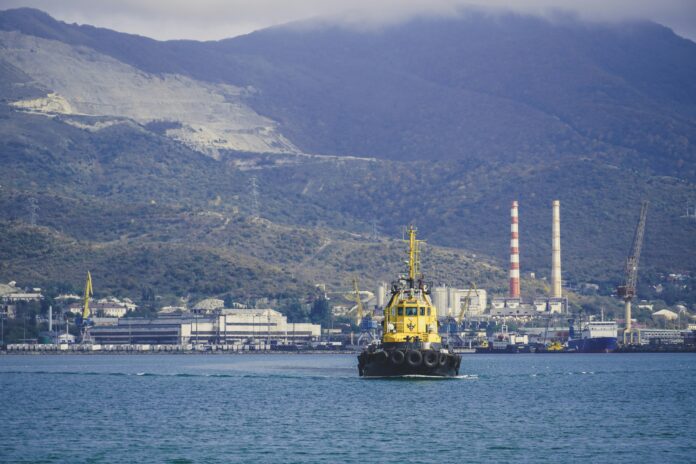The sanctions against Russia have been announced to be more extensive by the US, and they now target vital industries like semiconductor chips and LNG projects. This action is a component of a larger plan to increase economic pressure on Moscow in the context of ongoing geopolitical unrest. At the same time, the UK is stepping up its efforts to shut down a shadow fleet of tankers that are allegedly helping Russia get around international sanctions.
On Tuesday evening, Bloomberg reported that the United States is broadening its sanctions against Russia to include semiconductor chips and LNG projects. “The new measures include all Russian companies, people and entities that have been previously sanctioned, and sanctions on new Russian natural gas projects and Russia’s main stock exchange,” the publication stated. The next day, sanctions became official. Additional energy-related sanctions are aimed at Russia’s proposed liquefied natural gas projects and LNG tankers.
Later in the week, the UK moved ahead and further cracked down on Russia with a new round of sanctions against the shadow fleet tankers. According to an official statement from Gov.Uk, the aim is “to disrupt and increase the costs of Russia’s efforts to bypass UK and G7 sanctions through its shadow fleet.”
Moreover, at the meeting of the G7 on Thursday, June 13, leaders of the group moved further and “reached a deal to use profits from frozen Russian sovereign assets to help Ukraine in an attempt to shore up support for Kyiv while they grapple with a barrage of domestic political difficulties,” the Financial Times reported.
Responses to these actions have been mixed internationally. Support has been expressed by allies within NATO and the EU, highlighting the necessity of a unified front against Russian aggression. On the other hand, some nations are worried about possible upheavals in the world energy markets as well as the wider economic implications.



